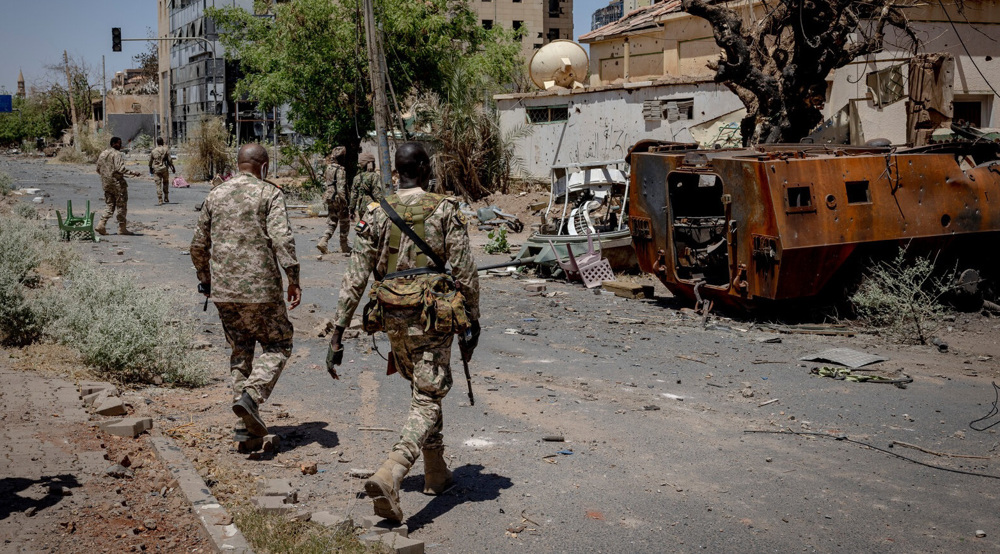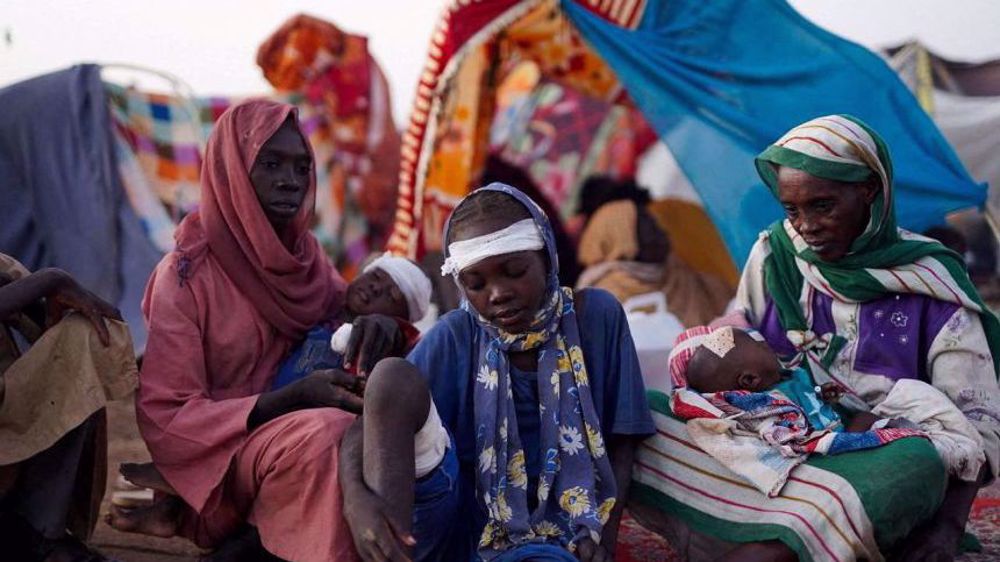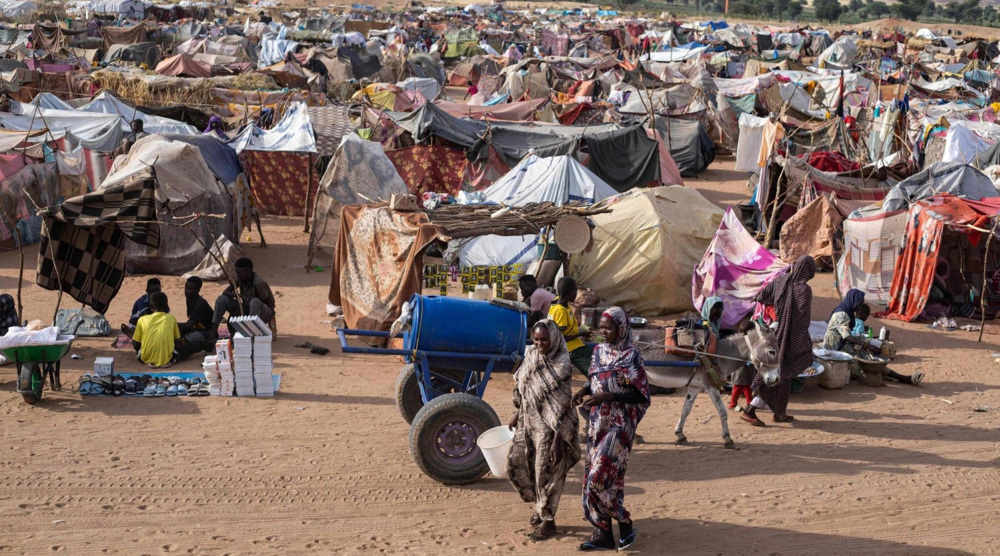Sudan denies Netanyahu’s claim of airspace access for Israel-bound flights
Sudan’s President Omar al-Bashir has denied claims by Prime Minister Benjamin Netanyahu that Israel-bound planes are allowed to use the Sudanese airspace.
“We received a request to use our airspace on the route to Tel Aviv. The request did not come from El Al, but from Kenya Airways — we refused,” Bashir told a local Sudanese television outlet.
Netanyahu claimed last month that Israel had been allowed to fly over the North African country, which does not maintain diplomatic ties with the occupying regime.
“Currently we can fly over Egypt, Chad, and apparently, we can fly over Sudan, and then we can fly directly to Brazil, which would save about two hours,” Netanyahu claimed, despite the fact that he did not use the same route during his recent trip to Brazil.
Israeli media reports have been suggesting that Tel Aviv is actively working to establish diplomatic ties with Sudan, as part of wider efforts to upgrade relations with Central African countries.
Based on the same reports, Israeli and Sudanese representatives have held a secret meeting to discuss diplomatic relations in exchange for financial Israeli aid to the African country.
According to the daily Haaretz, Israel has urged the US and other countries to improve their relationship with Sudan in response.
Bashir on Thursday lamented that he had been advised to normalize ties with Israel in order to ensure stability in his country after fresh anti-government protests hit Sudan.
Sudan has been gripped by mass protests triggered by rising prices and shortages of food and fuel since December 19. The public display of anger later escalated into calls for President Bashir to go.
On Sunday, hundreds of protesters marched in the capital Khartoum in an attempt to reach the presidential palace but were dispersed by security forces with tear gas and stun grenades.
Protests also broke out in the city of Madani southeast of the capital, with the demonstrators chanting for "peace, justice, freedom". An anti-government rally was held in the northern town of Atbara, where the current unrest first erupted last month.
The country is mired in economic woes, including an acute foreign currency shortage and soaring inflation, running at close to 70 percent.
Authorities have declared curfews and states of emergency across several states. Residents say police have used live ammunition in some cases to disperse the protesters.
According to Amnesty International, Sudan's security forces have shot dead at least 37 protesters but the government has put the death toll at no more than 19 people.
US-allied fuel tanker attacked by Iran still burning in Strait of Hormuz: IRGC
Attacks on hospitals, schools ‘strike at life itself’: Pezeshkian
Iran’s attacks on US bases ‘legitimate’ response to source of aggression: Araghchi
IRGC targets US intelligence centers, military depots in 11th wave of attacks
US-Israeli attacks damage 5 hospitals, medical centers in Iran: MP
Unlike US, Iran prepared for a long war: Security chief
Missile sirens will never stop in Israeli-occupied territories, Iran warns
Leader’s martyrdom will drive Iran to greater dignity and victory: Senior cleric
















 This makes it easy to access the Press TV website
This makes it easy to access the Press TV website